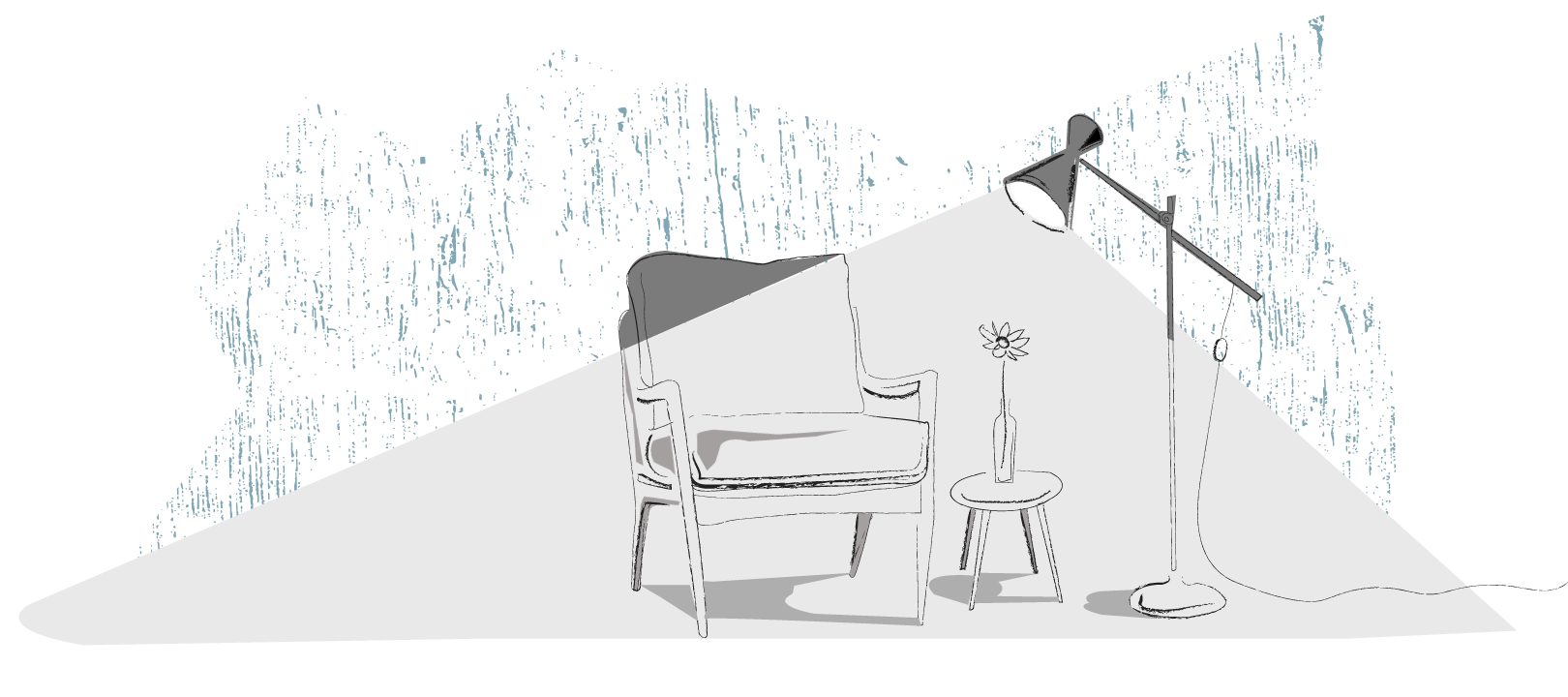Ontario’s Limitations Act sets out that the basic limitation period to bring a claim forward is two years from the day on which the claim was discovered. But the 2019 Ontario Court of Appeal decision in Carmichael v GlaxoSmithKline shows that those dates are not so cut and dry. The start of a limitation period depends not only on when the plaintiff recognizes they have a claim, but on when they have the psychological strength to carry out a lawsuit.
In the tragic case of Carmichael, the plaintiff killed his son in 2004 during a psychotic episode that he claims was induced by the anti-depressant Paxil, which he was prescribed and which the defendant, the pharmaceutical company GlaxoSmithKline, produced. The plaintiff was deemed not criminally responsible because of a mental disorder and he subsequently spent 3 years in a mental rehabilitation centre. Mr. Carmichael was released from the rehabilitation centre on November 15, 2007. At this point, the mental health professionals assessing Mr. Carmichael deemed that he was mentally stable and not showing any depressive or manic symptoms. After spending over two years re-immersed in society, Mr. Carmichael received his absolute discharge on December 2, 2009.
On October 5, 2011, a full seven years after the incident, Mr. Carmichael brought a claim against GlaxoSmithKline, alleging negligence. But before there could be any ruling on GlaxoSmithKline’s culpability, the court needed to determine whether Mr. Carmichael was mentally sound enough to file and follow through with the lawsuit, and when exactly he became able to do so.
GlaxoSmithKline moved to have the case dismissed, claiming the limitation period would have ended at the latest in November of 2009, two years after Mr. Carmichael was deemed mentally stable. Although Mr. Carmichael himself agreed that he had the mental capacity to cope with several significant life events since his release from the rehabilitation centre (including the death of his father-in-law, the sale of the family home, and his entry into multiple business contracts) the court disagreed with GlaxoSmithKline. Instead, the court held that while Mr. Carmichael had the mental capacity to discover his claim in 2007, he did not have the capacity to sue until his absolute discharge, meaning that he filed his claim two months before the end of the limitation period.
In explaining the decision, Justice Lederer pointed to “the fundamental distinction between the cognitive ability to commence an action and the psychological strength required to actually undertake the initiation of a lawsuit.” The Limitations Act recognizes this difference, and it allows that the limitation period may be delayed if, for example, the plaintiff is incapable of understanding the court proceedings, their own decisions, and the consequences of those decisions because of a psychological condition. According to Justice Lederer, Carmichael’s psychological capacity warranted a late start to the proceedings.
Carmichael v GlaxoSmithKline highlights the importance of mental health in claims following traumatic events, which may have limitation implications for future cases.
the court needed to determine whether Mr. Carmichael was mentally sound enough to file and follow through with the lawsuit, and when exactly he became able to do so.


